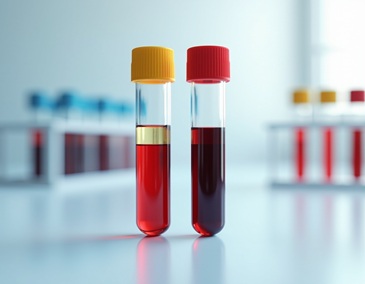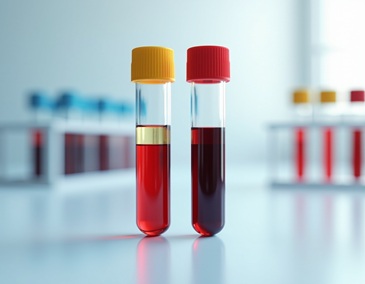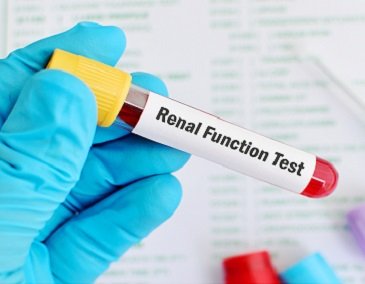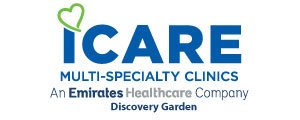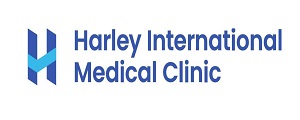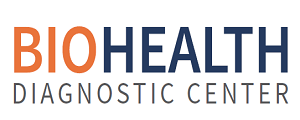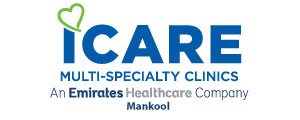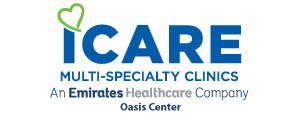
Description
The Quadruple Marker Test, also known as the Quad Screen, is a blood test performed between 15 to 22 weeks of pregnancy (ideally between the 16th and 18th weeks). It measures four important substances in the mother’s blood, which are produced either by the baby or the placenta.t is non-invasive, painless, and provides valuable data that, when combined with other assessments, helps guide future care decisions during pregnancy.
1. Alpha-Fetoprotein (AFP)
AFP is a protein produced by the fetus. Abnormal levels may indicate neural tube defects like spina bifida or conditions such as abdominal wall defects.
2. Beta hCG (Qualitative)
This is a hormone made by the placenta. High levels may point toward a higher risk of Down syndrome, while low levels may be associated with Trisomy 18.
3. Unconjugated Estriol (uE3)
uE3 is a form of estrogen produced by both the fetus and the placenta. Low levels may suggest the presence of chromosomal abnormalities.
4. Inhibin A
Inhibin A is another hormone released by the placenta. Elevated levels are linked to an increased risk of Down syndrome.
The Quadruple Marker Test empowers parents with knowledge. It’s a safe, effective, and reliable way to gain a better understanding of your baby's health during the second trimester.
Test Detail
*Alpha Feto Protein (AFP)
*Beta HCG Qualitative
*E3, Unconjugated Estriol
*Inhibin A
You May Also like
Why choose us

Speed
On-time reporting with the best TAT in the industry.
Quality
Accredited centers: DHA, MOH, HAAD, CAP, ISO, JCI.
Accessibility
Extensive partner network & convenient home collection.
Satisfaction
35,000+ Satisfied Customers & 12+ Years of Trusted Service.


